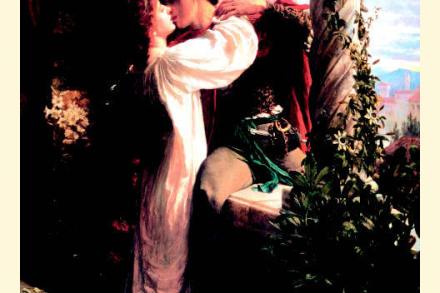Survival of the fittest
When I was at Eton, many years before David Cameron, much of the school was run by a self-elected society known as ‘Pop’. When I was at Eton, many years before David Cameron, much of the school was run by a self-elected society known as ‘Pop’. Some members were elected ex officio; but the majority belonged because they stood well with the Society’s membership. Most members of ‘Pop’ in my day put me in mind of David Cameron now. The principal difference is that he is by a distance cleverer than they were. However, the apparent social self- confidence and the toughness of mind and of spirit seem very familiar.

















